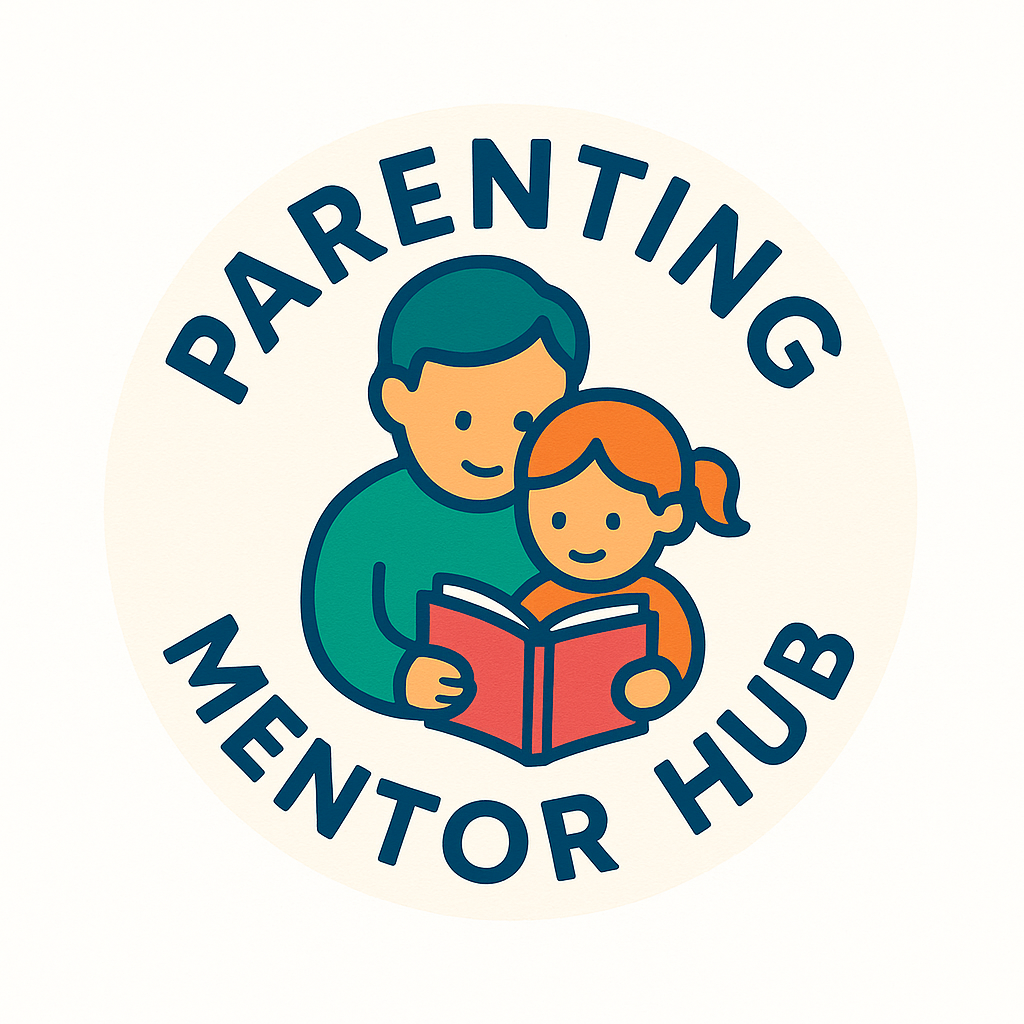
Exams can feel like a huge milestone – for students and parents alike. Whether your child is preparing for their GCSEs or A levels, they’ll likely be under pressure to revise, perform well, and think ahead to sixth form, university, or work. While schools may focus on content and technique, your support at home can make all the difference to their motivation, wellbeing and success.
Here are some ways to help your child navigate this important stage with confidence.
- Understand What They’re Working Towards
GCSEs typically involve 8–10 subjects, with formal exams at the end of Year 11. Results affect sixth form or college entry, as well as future job or training opportunities. For example, a grade 6 in maths and science subjects is often required for science-based A levels. And every student is expected to achieve at least a grade 4 in maths and English. If they don’t, they’ll need to keep resitting the exams – possibly until the age of 18. Without these grades, securing a job or further education place can be extremely difficult.
A levels usually involve three subjects, chosen by the student, and are a key factor in university applications. Offers are often conditional on achieving high grades – such as three As or A*s for top universities – which adds extra pressure.
Understanding their timetable, exam boards, subjects, and goals allows you to offer meaningful support, especially if your child is aiming for a specific course or university.
- Help Them Make a Plan
Revision is most effective when it’s organised. If your child hasn’t been shown how to break subjects into manageable chunks, you can help them map out a schedule. Remember the saying: “How do you eat an elephant? One bite at a time.”
Some students use colour-coded calendars or apps; others prefer simple to-do lists. The key is to plan realistic sessions with breaks, rest days, and small rewards. For A level students balancing coursework, part-time jobs, university applications and university offers, planning is even more important.
- Support Their Revision Style
There’s no one-size-fits-all approach to revision. Some teens use flashcards, mind maps or YouTube explainers; others need silence and past papers. The important thing is to support their preferred learning style while encouraging variety and resilience.
Before buying revision guides, make sure you know the correct exam board – AQA, Edexcel, OCR, or another. Your child will probably be studying for different boards across different subjects.
How much support you can offer may depend on your familiarity with the subject. But even if you’re not an expert, you can still help. Try revising a topic alongside your child and discuss what you’ve each understood. If you’re confident in a subject, be encouraging – avoid making them feel inadequate. Gently suggest improvements rather than pointing out gaps too critically.
You might also help by:
- Quizzing them with notes or cue cards
- Timing practice essays
- Finding useful online resources or past papers
A few suggestions:
- Corbett Maths (free videos and worksheets)
- Quizlet (flashcards; check if your child’s school subscribes)
- The French Experiment (free French stories with audio; similar sites exist for Spanish)
- CGP revision guides and workbooks (popular and user-friendly)
Let your child browse samples and choose the workbooks that appeal to them.
- Create a Calm, Focused Space
A tidy, quiet workspace can help concentration. If space is limited, try sharing a schedule so your child can access a desk or table when they need it.
A comfortable chair, good lighting, and some basic stationery go a long way. But flexibility is key – some students revise better in short bursts on the sofa or with quiet music.
- Encourage Healthy Habits
Sleep, food, exercise, and rest all affect focus and memory. You can support them by:
- Encouraging regular bedtimes and screen-free downtime
- Stocking healthy, easy-to-grab snacks
- Suggesting short walks or physical activity between sessions
- Reminding them to take proper screen breaks
Even older teens may need a nudge to step away from TikTok – or to prioritise rest as much as revision.
- Acknowledge the Pressure
GCSEs and especially A levels can be stressful – particularly when future plans depend on results. Recognise the effort your child is putting in, not just the outcome. Stay calm and encouraging, even if they’re anxious or irritable.
For students with university offers, help them focus on what they can control: their preparation and mindset.
- Celebrate Progress
Small wins matter. Finished revising a subject? Celebrate it. Improved on a practice question? Great!
Praising effort helps build confidence and maintain momentum. When exams are over, mark the occasion with something fun – whatever the results may be.
Exams are just one chapter in your child’s learning journey. With encouragement and empathy, you can help them get through it – and grow in the process
